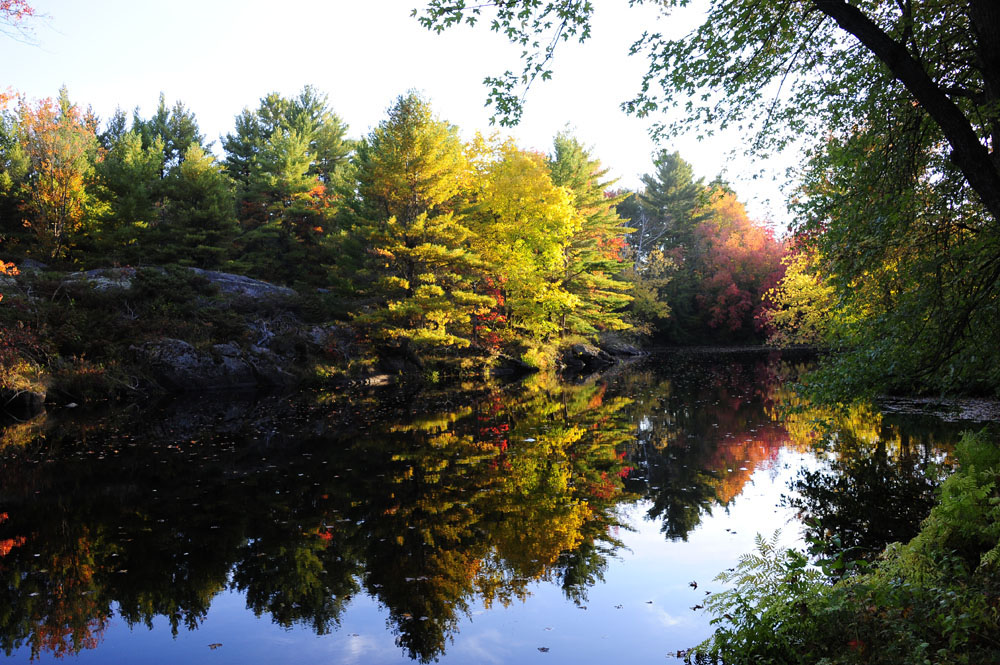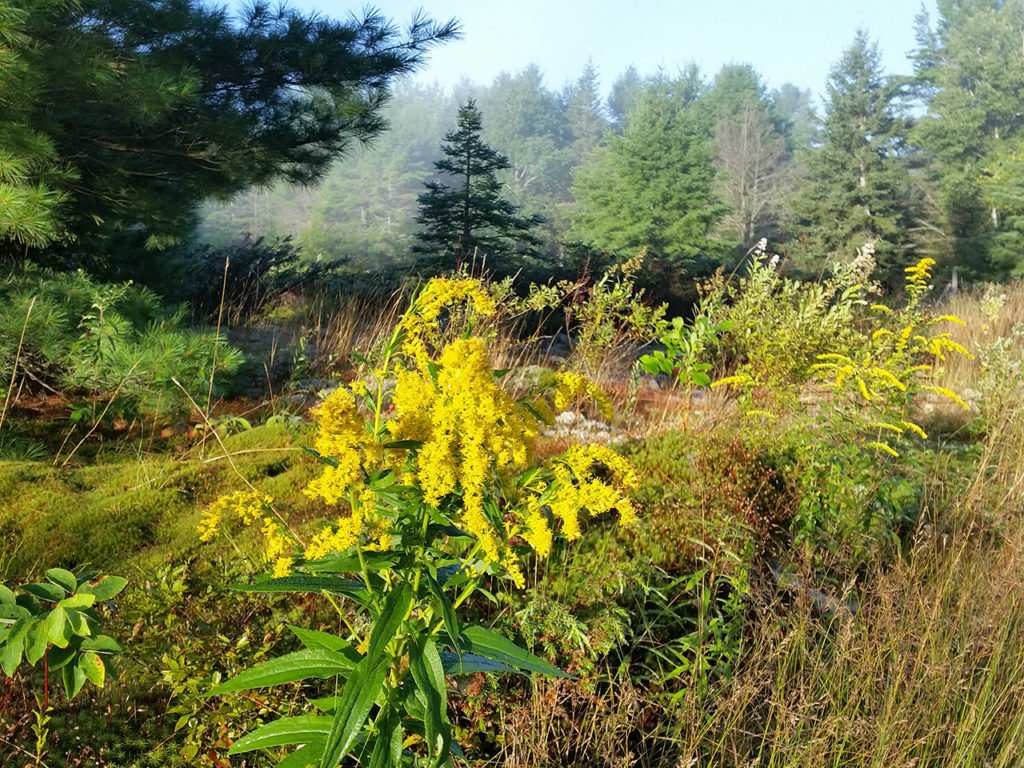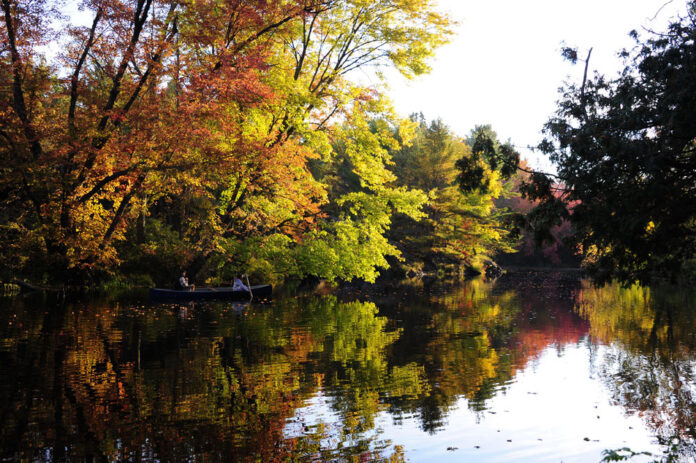
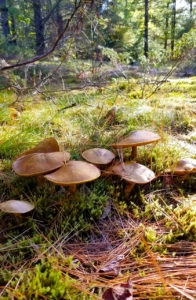 Indian summer is first recorded in Letters From an American Farmer, a 1778 work by the French-American soldier turned farmer Michel-Guillaume-Jean de Crèvecoeur: “Then a severe frost succeeds which prepares it to receive the voluminous coat of snow which is soon to follow; though it is often preceded by a short interval of smoke and mildness, called the Indian Summer.” The haziness of the Indian Summer weather was said to be caused by prairie fires deliberately set by Native American tribes.
Indian summer is first recorded in Letters From an American Farmer, a 1778 work by the French-American soldier turned farmer Michel-Guillaume-Jean de Crèvecoeur: “Then a severe frost succeeds which prepares it to receive the voluminous coat of snow which is soon to follow; though it is often preceded by a short interval of smoke and mildness, called the Indian Summer.” The haziness of the Indian Summer weather was said to be caused by prairie fires deliberately set by Native American tribes.
In Lithuanian name, Bobų vasara (Old Women’s Summer) is also used elsewhere – by Germans and Eastern Slavs. In France, Italy and the Pyrenees, it is called St. Martin’s Summer. Bulgarians and Serbs call it Gypsy Summer, the Czechs know it as Spiderweb Summer. The Chinese call it the Autumn Tiger. Latvians call it atvasara, which means summer returned.
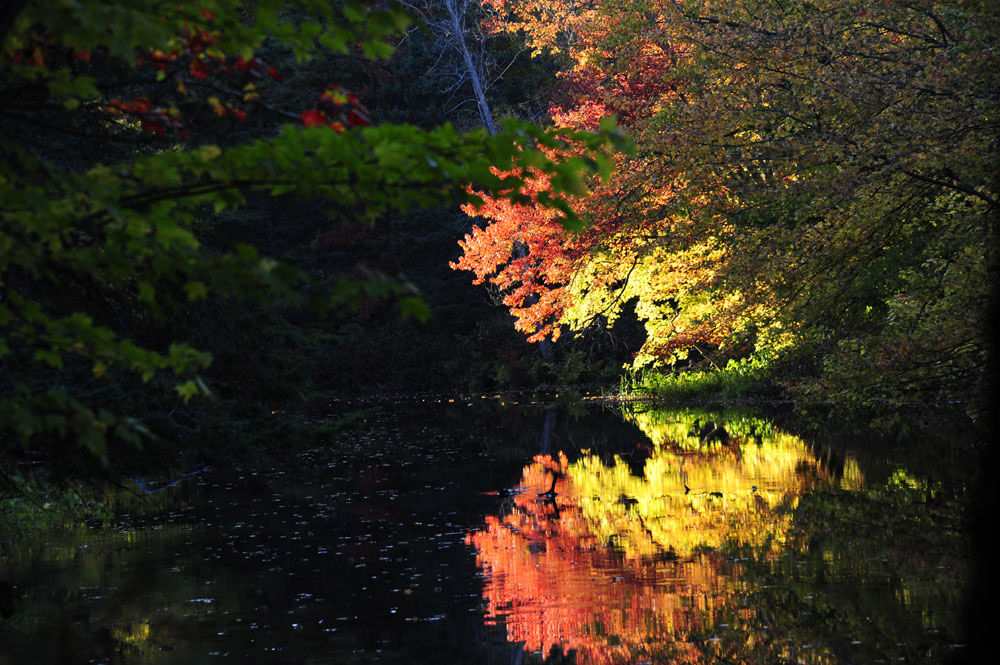
One of the most popular explanations for the term Bobų vasara is that it’s the last time of year that old women can bask in the sunlight, after the summer’s farm work is done, and indoor chores begin. In Old Russia women would hold spinning sessions with friends and neigbours at this time of year, with songs and stories for children.
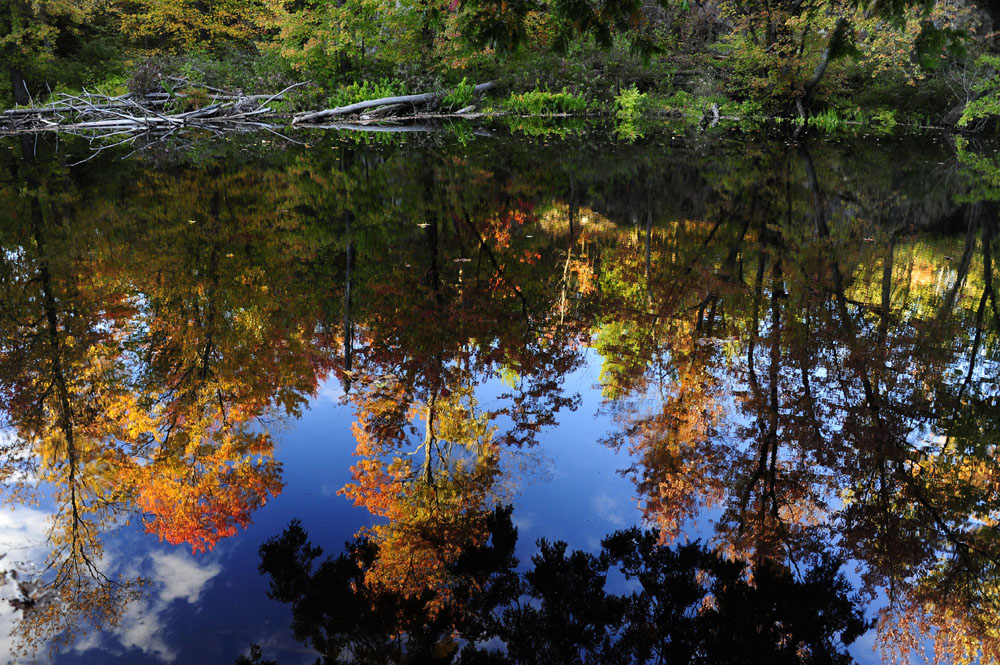
Another explanation is more mystical. The word boba, refers to an old woman, who, in her maturity is linked to certain skills and powers. Thus a boba is a synonym for witch, sorceress or seer. Old women were said to be able to give someone the evil eye, to cast a spell, curse or have other mystical influences – such as making summer return.
The third, German version has to do with the multitudes of spiderwebs that appear in the woods at this time of year. The ancient word weiben (now meaning wife (weibe), once referred to spinning webs. Thus the old term Weibensommer (the summer of spinning webs) became Old Women’s Summer (Altweibersommer).
Finally, folklorists and philologists claim that the word bobai was used by peasants referring to the fairly large spiders that would spin vast webs in the fields in autumn.
Info from the internet
Photos by Akvilė Minkevičius
